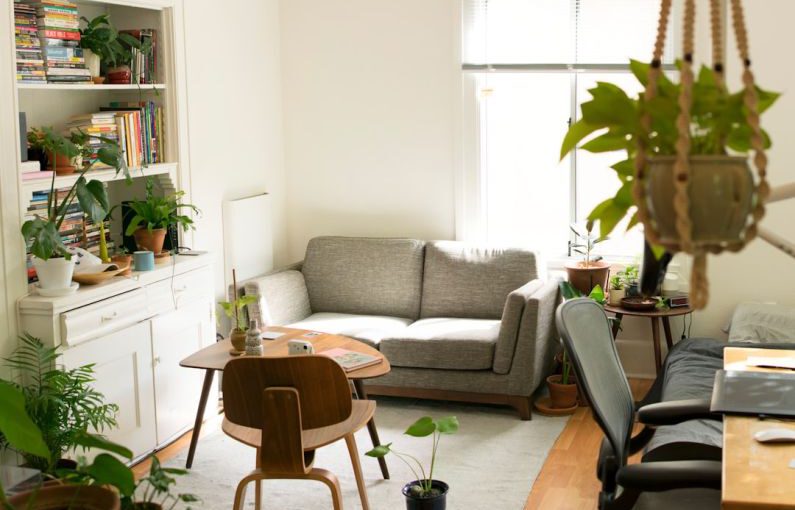**How Can You Make Your Home More Eco-conscious on a Budget?**
In today’s world, being mindful of the environment is crucial. With climate change becoming an increasingly urgent issue, many people are looking for ways to make their homes more eco-conscious. The good news is that you don’t have to break the bank to do so. There are several simple and budget-friendly steps you can take to reduce your carbon footprint and create a more sustainable living space. By making a few changes to your daily habits and incorporating some eco-friendly practices into your home, you can make a positive impact on the planet without sacrificing style or comfort.
**Audit Your Energy Usage**
Before making any changes, it’s essential to understand how much energy your home is currently using. Conducting an energy audit can help you identify areas where you may be wasting energy and money. Look for leaks in windows and doors, check the insulation in your walls and attic, and consider investing in energy-efficient appliances. By making these changes, you can significantly reduce your energy consumption and lower your utility bills.
**Switch to LED Light Bulbs**
One of the easiest and most cost-effective ways to make your home more eco-conscious is by switching to LED light bulbs. LED bulbs use up to 75% less energy than traditional incandescent bulbs and can last up to 25 times longer. While LED bulbs may have a slightly higher upfront cost, the long-term savings on your energy bill make them a worthwhile investment. Plus, LED bulbs come in a variety of shapes and sizes, so you can easily find ones that suit your lighting needs.
**Reduce Water Waste**
Conserving water is another essential aspect of creating an eco-conscious home. Simple changes like fixing leaky faucets, installing low-flow showerheads, and using a dishwasher instead of handwashing dishes can help you save both water and money. Additionally, consider collecting rainwater for outdoor use or installing a water-saving toilet to further reduce your water consumption. By making these small adjustments, you can make a big difference in your overall environmental impact.
**Embrace Sustainable Materials**
When it comes to decorating your home, choosing sustainable materials can have a significant impact on the environment. Opt for furniture made from reclaimed wood, bamboo, or recycled materials. Look for organic textiles like cotton, linen, or hemp for bedding and curtains. When painting your walls, choose low-VOC or VOC-free paints to reduce harmful emissions in your home. By selecting eco-friendly materials, you can create a stylish and sustainable living space that reflects your commitment to the planet.
**Create a Compost System**
Composting is a simple and effective way to reduce waste and nourish your garden at the same time. You can easily create a compost system in your backyard using a compost bin or pile. Composting food scraps, yard waste, and other organic materials helps divert waste from landfills and produces nutrient-rich soil for your plants. By composting, you can close the loop on your food waste and contribute to a healthier ecosystem in your own backyard.
**Repurpose and Upcycle**
Instead of throwing away old furniture or decor items, consider repurposing or upcycling them to give them new life. With a little creativity and some DIY skills, you can turn old pallets into a stylish coffee table, transform mason jars into chic storage containers, or paint and reupholster an old chair to match your decor. Not only does repurposing and upcycling reduce waste, but it also adds a unique touch to your home that can’t be found in mass-produced items.
**Final Thoughts**
Creating an eco-conscious home doesn’t have to be expensive or complicated. By making small changes to your daily habits and incorporating sustainable practices into your living space, you can reduce your environmental impact and live more sustainably. From conserving energy and water to choosing eco-friendly materials and repurposing old items, there are plenty of budget-friendly ways to make your home more eco-conscious. By taking the time to implement these changes, you can create a healthier and more sustainable living environment for yourself and future generations.





